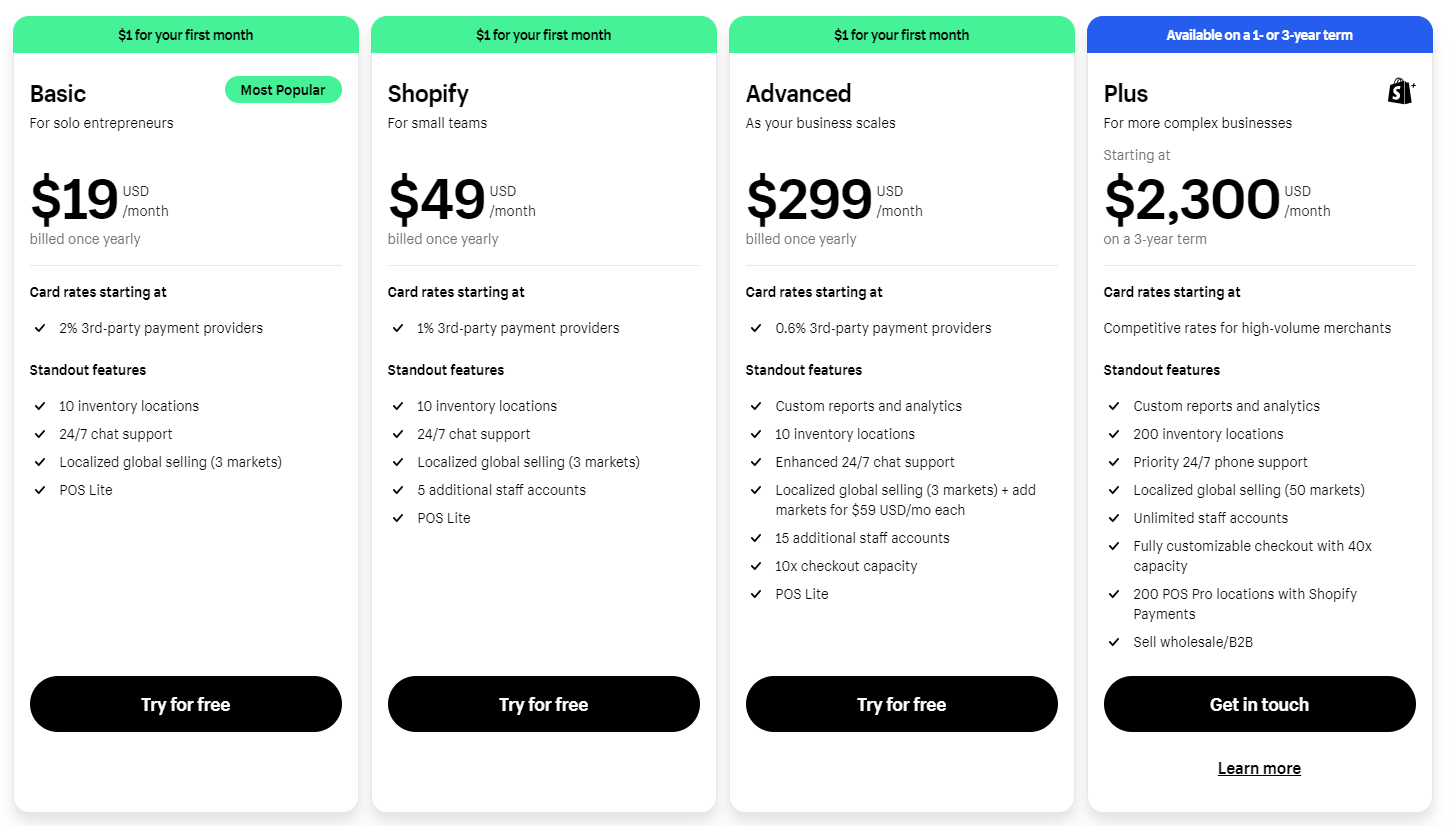
If you want to know how to change from sole proprietor to LLC, this is the post for you. We’ll go through the steps for making the change and look into some key points to pay attention to.
What is Sole Proprietorship?
The sole proprietorship form of business is the simplest one of all. Technically, a sole proprietorship is not an actual legal entity. This really just means a single person who owns a business. That doesn’t mean that the business must operate under the person’s name, though.
Often, sole proprietorships use a business name, known as a fictitious name. But don’t worry, this is not fake, it’s perfectly legitimate! It’s like an author’s pen name, not a separate legal entity from the sole proprietor, just a trade name.
Because the sole proprietorship form of business is so simple and easy to set up, it’s the most popular. The lower cost is also a very attractive feature. All an individual needs to do is register their name and get all the appropriate local licenses. With just that, the business can open.
Sole Proprietorship Liability
Sole proprietors usually sign all contracts and other agreements in their own name. This is because the business doesn’t have a separate legal identity like other forms of business do. Payments are typically received in the owner’s name, too, even if they use a fictitious name for the business. The business bank account is even often in the name of the individual. Because they’re individual owners, sole proprietors can mix personal money and business assets and funds. Other business entities like LLCs, partnerships, and corporations cannot do this.
On the darker side, a sole proprietorship means that the business owner alone is responsible for the business’s debts. Creditors can bring lawsuits against you for all the business’s debts. If they win, you must pay out of your own pocket. We cannot stress enough that if you run into any kind of trouble with your sole proprietorship, you are personally responsible.
The potential liability can be alarming. Say, for instance, a sole proprietor has an employee who sustains a work-related injury. They can file a negligence case against the owner and their personal assets. The sole proprietor can lose everything if they cannot pay all the damages. This means not only their bank account, but even their retirement accounts, home, and any other assets that they have under their name.
Sole Proprietorship Taxation
Paying taxes as a sole proprietor is fairly simple because the individual is indistinguishable from the business. Whatever income the sole proprietorship earns is income earned by the owner. The owner reports that income (or losses, as the case may be,) of the sole proprietorship and the expenses. He or she fills out a Schedule C to record profits and losses, and the usual Form 1040, and files them. The so-called “bottom-line amount” on the Schedule C form is what the owner puts on their personal tax return. This also means that business losses may offset income that the owner earns from other sources.
A sole proprietor also needs to file a Schedule SE form with a Form 1040. The Schedule SE calculates how much tax you owe as a self-employed person. You don’t need to pay unemployment tax on yourself, but you will need to do so on any employees of the business. Understand that this also means that you will not be able to get any unemployment benefits if your business suffers.
What is an LLC?
Before we learn how to change from sole proprietor to LLC, we must understand what an LLC is. An LLC, or Limited Liability Company, gives you the combined benefits of a partnership and a corporation. An LLC protects the owner from personal liability, like debts against the business. If the business has more than one owner, they are also not responsible for the actions of other owners. Protecting your personal liability is important. This safeguards your personal assets, such as your bank accounts, car, and house. No matter what lawsuits come or even if the business goes belly up, you are not personally liable.
With an LLC, the business profits and losses may translate to the owners’ personal income without being taxed like a corporation. The IRS sees LLC members as self-employed individuals, however. This means that they need to pay self-employment tax contributions for social security and medical insurance.
Note that LLCs may need to be dissolved if one member leaves. The remaining members would then re-form the LLC. Some states require this, even though is seems like an unnecessary step to simply remove one name. This means the risk of a limited life of the business for a more complex setup. To avoid this issue, you can make sure to set up an agreement within the LLC that covers buying, selling, and transferring ownership.
When you’re thinking about why and how to change from sole proprietor to LLC, the risks play a big part. If you have considerable personal assets to protect, an LLC is worth the greater effort to set up.
Four Benefits of Switching from Sole Proprietorship to LLC
Personal Asset Protection
As a sole proprietor, you are the same legal entity as your business. You are responsible for everything, and are expected to pay all debts and liabilities out of pocket if necessary. With an LLC, the business is a separate legal entity from you as the business owner. As an LLC member, you are not personally liable for business debts and liabilities, only your own conduct and personal commitments.
Tax Advantages
An LLC gives you the flexibility to choose whether you want to be taxed as a partnership, S Corporation, or sole proprietor. If you start with the sole proprietorship tax structure, you can save if you make less than $20,000 in annual net income. Then, when you start earning more, you can choose to have the LLC taxed as an S Corporation. This way, you can set up a reasonable salary for yourself along with contributing to a Simple IRA (up to $15,500). You can also bring down your federal income tax on your contributions by doing this.
If you want to, you can also set up contributions of up to $6,500 to a Roth IRA so you can make the most of your retirement savings. LLC status also means less taxes since you won’t pay the 15.3% social security tax that you would on S Corporation net income. You only pay that on your own wages.

Better Personal Privacy
As a sole proprietor, your name and other personal information are all over the place. This is because, again, you are the same legal entity as your business. But an LLC gives you more privacy than most other business structures, not just sole proprietorship. You usually need to publicly file fewer details about your business ownership as part of LLC registration. You can therefore keep your personal information more confidential with an LLC. For example, some states do not even require you to publish the names or addresses of the LLC members on public registries.
Management Becomes Easier
LLCs do not require you to set up a board of directors with guidelines and meetings and policies. You and your partners (if any) can set up whatever operating methods you desire. This flexibility can be crucial for young businesses especially. By tailoring your decision-making processes, you can meet your business’s specific needs as you grow. Your management style can also change without a big fuss as you find different methods work better.
You can hire employees as a sole proprietor. However, having a separate legal entity to manage them makes everything easier. An LLC operation means ease of compliance with employment and tax laws, for starters. Just having clearly separate financials already makes payroll easier. As your business grows, things can get so much more complicated as a sole proprietor. LLCs make employee management more straightforward and safer for the owner in case of disputes.
How to Change from Sole Proprietor to LLC
The following is just a general overview. Make sure you consult a legal professional for the details of how to change from sole proprietor to LLC. You may also want to have an attorney act as your LLC’s registered agent. This is a point of contact for your business when communicating with legal authorities, like when you receive and execute legal documents.
Check Your Business Name Availability
You need a unique business name for your LLC that meets your state’s rules and requirements. First, make sure your new business name includes the words “limited liability company,” “LLC,” “Ltd,” or “Limited Liability.” Second, check that the name you want is available for use, even if you used this name as a sole proprietor.
You can use the online database for registered business names to check, or ask your secretary of state office for help. Legal professionals can also help you with this process. Third, check that the name does not pose any infringement threats to anyone’s trademark. The database of the United States Patent and Trademark Office will help you check for trademarks.
Note that many states have a list of restricted words to avoid in creating a business name. You cannot use words like insurance, chamber of commerce, and bank without special permission. Don’t forget to cancel or deregister the “doing business as” (DBA) name or fictitious name that you used as a sole proprietor!
File Articles of Organization
With your new name, you can fill out your articles of organization. This is an official form that you need to form an LLC. Once it’s done, you submit it to your state’s filing office. Make sure you check the requirements with them because each state is different. Basically, though, the articles of organization outline the details of your business. The basics include the name and address, owner’s information, date of application, and a description of what the business is.
When you apply to become an LLC, you will pay a fee that can go all the way up to $3,000, although most pay around $100. Again, look to your state’s filing office or a professional for the correct information. You will need a registered agent for this process at least, so they should know what you should expect. If you know what to do, you can be your own registered agent. Alternatively, you can choose another LLC member or a lawyer to do the job.
Draft an LLC Operating Agreement
You need rules for ownership and operations of your business. This is where the LLC operating agreement comes in. It outlines how you will manage the business, what the members’ rights and responsibilities are, who has what voting power, and what the owner distribution is. The law doesn’t require this document for filing, but we recommend you have one if you have partners.
Obtain an EIN
Register for an Employer Identification Number (EIN) with the IRS if the new LLC has more than one owner, you choose taxation as a corporation, or you have an excise tax filing requirement as a single owner. Rules change, so check the IRS website for updated information on EINs.
Open a New Bank Account for Your LLC
If you don’t already have a separate business bank account, you need to open one under the name of your new LLC. If you do, just get the name updated.
Apply for Business Licenses and Permits
Make sure you update all your business licenses and permits to reflect your new LLC status. Check as well with your state what others you need as an LLC, like a seller’s permit or zoning permit.
What Is EcomBalance?

EcomBalance is a monthly bookkeeping service specialized for eCommerce companies selling on Amazon, Shopify, Ebay, Etsy, WooCommerce, & other eCommerce channels.
We take monthly bookkeeping off your plate and deliver you your financial statements by the 15th or 20th of each month.
You’ll have your Profit and Loss Statement, Balance Sheet, and Cash Flow Statement ready for analysis each month so you and your business partners can make better business decisions.
Interested in learning more? Schedule a call with our CEO, Nathan Hirsch.
And here’s some free resources:
- Monthly Finance Meeting Agenda
- 9 Steps to Master Your Ecommerce Bookkeeping Checklist
- The Ultimate Guide on Finding an Ecommerce Virtual Bookkeeping Service
- What Is a Profit and Loss Statement?
- How to Read & Interpret a Cash Flow Statement
- How to Read a Balance Sheet & Truly Understand It
Conclusion
A lot of businesses start out with the sole proprietorship form because it’s the easiest. There’s no use setting up something complex and expensive before you know if it will work! As things stabilize and grow, a sole proprietorship can graduate to a different business form, commonly an LLC. If you are that business, we hope this post helped you learn how to change from sole proprietor to LLC.
Before you run out to get your LLC set up, please remember that you must consistently use the LLC designation as soon as you start running your business as an LLC. This means that you have that LLC designation on your business licenses, letterhead, bank accounts, contracts, leases, and everything else pertaining to the business.
You must also never make the mistake of paying personal expenses with LLC bank account funds. A final tip we will leave you with is to make sure you get LLC liability insurance!








